Albanese Government to push states for 50/50 road and rail funding on major projects
State Labor premiers have taken aim at PM Anthony Albanese over changes to infrastructure funding which would see states pay at least 50 per cent of the cost of future road projects.
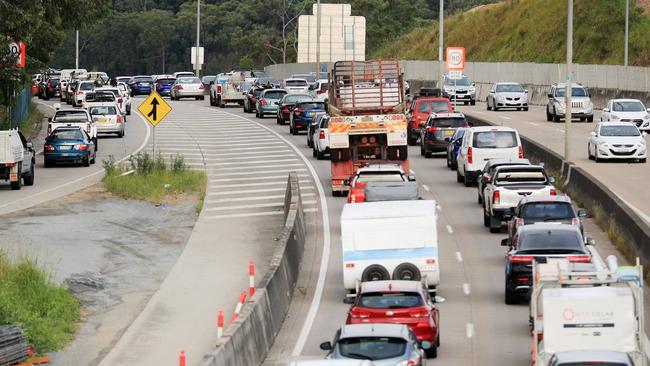
National
Don't miss out on the headlines from National. Followed categories will be added to My News.
A Labor civil war has erupted over infrastructure funding with states in uproar over an Albanese Government plan to force them to cough up half the cost of major road and rail projects.
NSW, Victoria and Queensland state ministers have all raised their concerns about the federal government’s new infrastructure priorities released on Tuesday, which Infrastructure Catherine King confirmed included a shift away from the “default” of 80/20 splits where the Commonwealth picks up the majority of the construction tab.
Queensland Premier Annastacia Palaszczuk said she would write to Prime Minister Anthony Albanese to object to the new funding proposal.
“I’m calling on the federal government and Prime Minister to do what is right,” she said. “Right now Queensland needs more infrastructure, not less.”
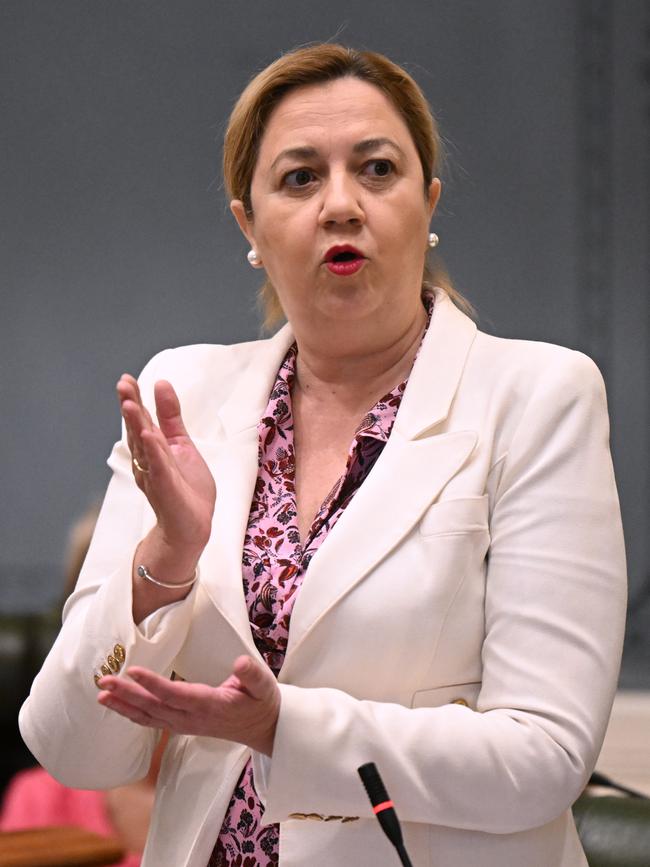
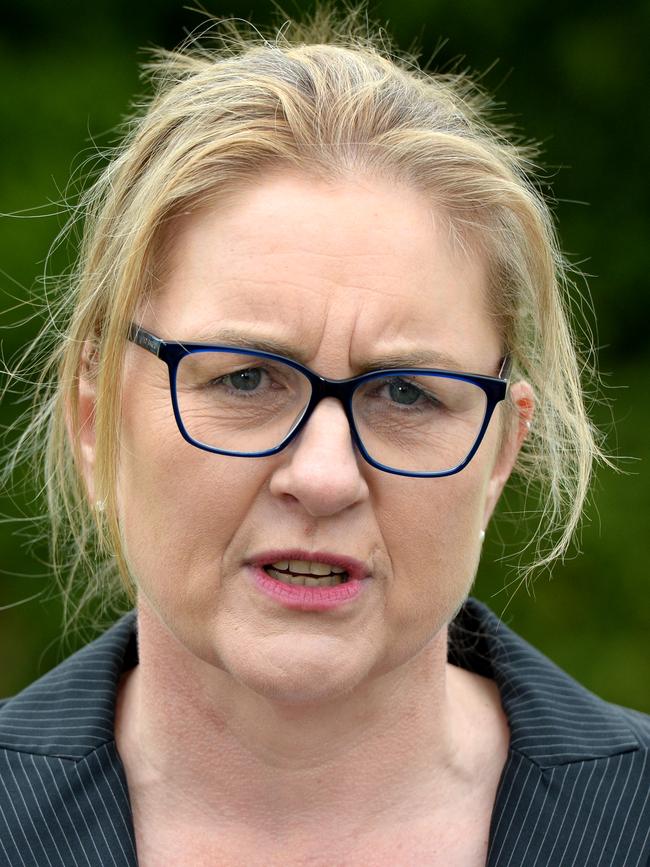
NSW Premier Chris Minns said he was “very concerned” at the plan, saying his state deserved its “fair share” from the Commonwealth.
“NSW taxpayers pay a lot of money in income taxes to the Commonwealth Government, and we deserve our fair share,” he said.
Victorian Premier Jacinta Allan also took a swipe, saying she was yet to receive a briefing from federal Labor and argued the state needed to get a “fairer share” of funds.
“We want to get our fair share of infrastructure funding, quite frankly because we are a growing state,” she said.
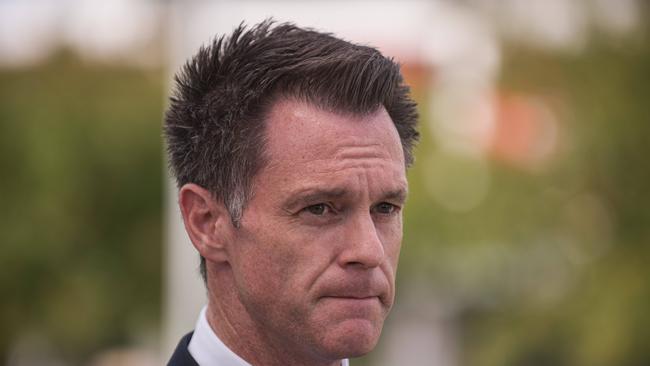
‘Carry an equal share’: Labor asks states to stump up funding cash
States will need to pay at least 50 per cent of the cost of future road projects under an Albanese Government plan to share responsibility for transport infrastructure spending equally.
Fully funded or 80/20 splits between federal and state governments will no longer be the “default” option for infrastructure deals related to “nationally significant” road and rail projects or where the Commonwealth contribution is at least $250 million.
Infrastructure Minister Catherine King will tomorrow announce details of Labor’s new priorities to guide Commonwealth spending, including that funding splits greater than 50/50 will only be considered on a case-by-case basis if a state or territory has less ability to raise revenue.
Ms King said Labor was “reshaping” how projects are funded, but argued it was not about saving money.
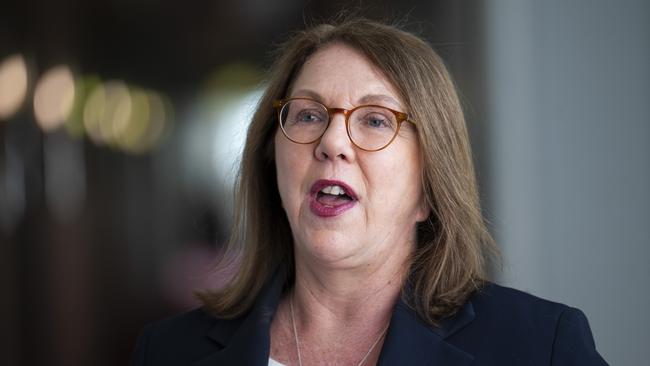
“We are returning to a preference of 50/50 with the states and territories, so both levels of government carry an equal share of both the benefits and the risks,” she said.
“This is not about saving money – it is about shared accountability and maximising our investments.”
Ms King used Queensland’s Bruce Highway as an example where the Commonwealth’s $10bn investment could have been made a $20bn project if the state had been required to match funding.
Instead, under the 80/20 arrangement, the government’s $10bn investment was only increased a further $2bn by the Queensland government.
“We are not cutting any funding from the pipeline, what we are doing is ending the perverse incentives that saw the federal Coalition throw money at projects that states did not want to build – and then they simply never happened,” she said.
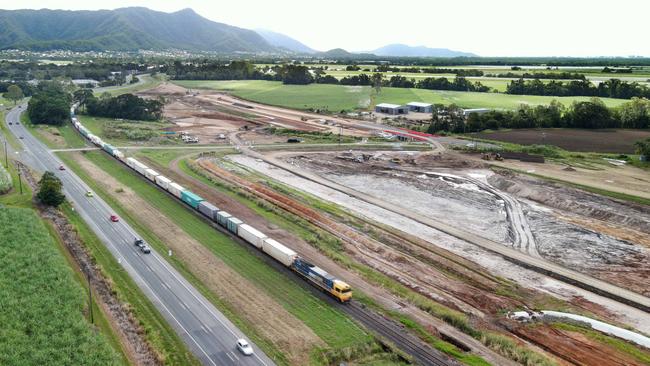
Under Labor’s new plan the government would prioritise investing in infrastructure projects that increase productivity, such as through cutting congestion and improving supply chains, improve liveability and safety, as well as boosting environmental sustainability.
Projects that the federal government has provided 80 per cent of the funding for include $560m for the New England Highway Singleton Bypass in NSW, $360m for the Western Freeway duplication from Ballarat to Stawell in Victoria, $180m for the Bruce Highway Cairns Southern Access Stage 5 in Queensland and $200m for Hahndorf Road in South Australia.
In the future, the states could be asked to front up half the money for similar projects rather than only 20 per cent.
Ms King is expected to soon reveal the fate of about 700 projects after a review found the estimated cost of the current infrastructure pipeline had overrun by more than $33 billion. State and territory governments have been brought into renegotiate terms, time frames and even scrap projects in a bid to rein in the spending blow out.
Ms King dismissed accusations Labor is planning to cut infrastructure, saying overall spend on roads and rail will not change, adding: “The reality is that no funding will be cut from the $120 billion pipeline.’’





